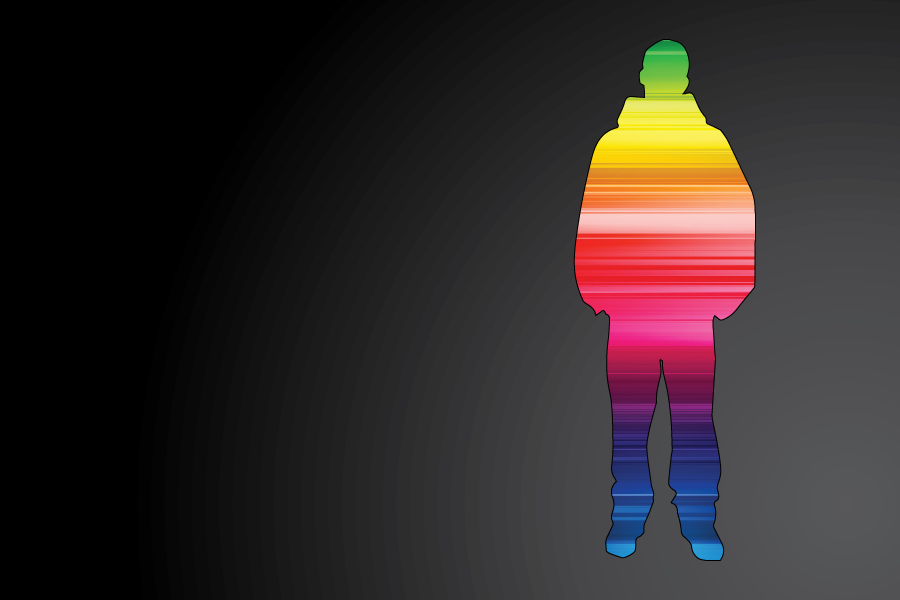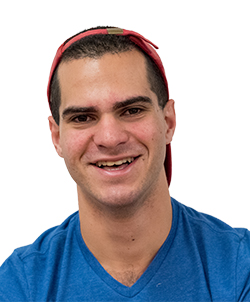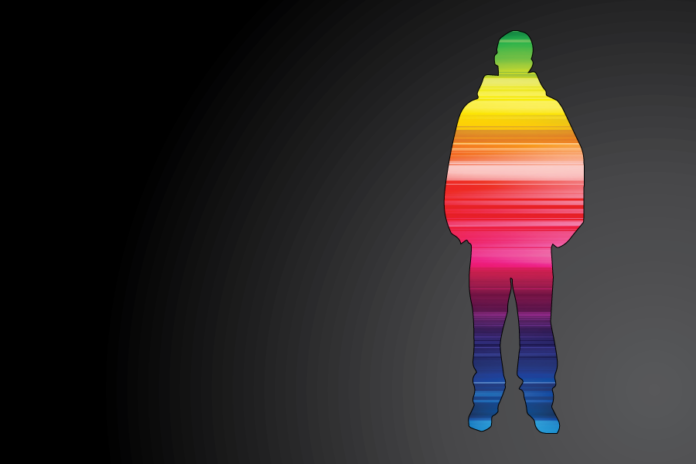
 Don’t take the Enneagram in front of your friends
Don’t take the Enneagram in front of your friends
“My parents met through a personality test.”
A few years ago, my friend in high school was trying to convince me to take a personality test called the Enneagram, and I was in no mood for any crunchy, Berkeley, spirituality mumbo jumbo. I’m a man of science, reared on Mythbusters and Good Eats, and I simply had no use for anything that involved figuring out my “energies.”
Plus, I had done some of my own reading into these tests, and whether it’s the Big 5 or the MBTI, I have never found any use for personality assessments. I felt like they failed to capture any nuance or complexity in someone’s personality. They’d ask things like, “Do you consider yourself more of a thinker or a doer?” and I’d hate answering because, honestly, it depends.
When I order food, I’m a meticulous, thoughtful scholar, a lover of learning, one who painstakingly looks deep within himself to figure out if he wants jambalaya or a poke bowl. When I’m on the aux cord, I shoot from the hip, all gut instinct, no hesitation — just an intuitive grasp for the vibes that usually lead me to playing “Nobody Has To Know” by Kranium (Major Lazer Remix). I’d rather not get categorized into narrow silos.
But my friend was adamant. This test was way different, she told me. She described it as an older, wiser friend who’s been around people long enough to really figure them out; the one with the best advice when it came to everything from relationship issues to tips on self-improvement. She told me how her parents individually took the test, figured out their Enneagram “types” and went to a local singles event that matched compatible types — the types most likely to form strong relationships. 30 years and a couple kids later…
“I literally exist because of this test. You seriously can’t give it a chance?”
I gave in. She told me that I need to be super honest with myself. “No one is actually reading your answers, so really dig deep here. The more self-aware you are, the better the results.” Okay, okay. I trusted her judgement.
The test had 52 questions, each question having two qualities, and you had to pick, on a sliding scale, which one was more you. Soberingly enough, the instructions on the test say to “not to enter how you wish you’d be, but how you actually are,” which was quite the challenge to Yinon at 17. I ended up putting “neutral” for almost a quarter of the questions. My friend told me that’s okay, because it’s better to admit your gaps in your self-awareness than to report something that might not be there.
The main idea behind the Enneagram is that the types are based on fears — each of the nine types have their own base fear that drives every other portion of an individual’s personality. It’s fluid and multifaceted, so you can have several elements of different types, but there’s usually one dominant drive, which is your primary type. And that primary type has two variants, or wings, which are elements of a secondary drive (because yes, people are complex and nuanced, and I like that this test gets that). There are different websites that offer different interpretations of these types, so some research is necessary once you get your result.
When I got my Enneagram result, I wasn’t reading a clinical, detached diagnosis of my personality. Instead, I was reading a letter from an old friend who figured me out to the point of what felt like powerlessness. As I read all the ideas behind my type, I found plausible explanations for elements of my personality that, up to that point, never made sense to me. I found deep, incisive analysis into my most base, primal drives. I found some random touchy-feely horoscope-esque test that managed to cut to my soul.
The Enneagram is less about knowing yourself right now and more about knowing what you need to do to become who you want to be. As a senior in high school, that involved putting a lot on my plate, chasing success and dealing with the stress. My Enneagram type told me that people like me have an issue with pushing too hard for external validations. My type often associates their accomplishments with their self-worth, and they lose their own sense of identity because they’re so used to being the “successful” person.
People that know me today as a guy that can write about his degenerate habits (one of my humor articles in the pipeline is titled “I am a Trash person and I am proud of it”) for an audience of thousands can thank the Enneagram. My intense drive in high school to do it all — play football, take leadership roles in my teen-led youth group, succeed in AP classes and still find time to have an active social life with a serious girlfriend — made me smooth over my personality quirks and deny my own flaws.
My high school buddies poke fun at me these days for “peaking” in high school. But they also say that I’m way more fun to be around now, and that comes from me learning to be okay with not fulfilling the image I instinctively and subconsciously create for myself (I also didn’t drink or smoke in high school — so that may really be it). Leaving Silicon Valley and entering UC Davis’ culture helped — the diversity of personalities and characters in my friend group has dramatically increased. But I’ll give credit where credit is due: sometimes the crunchy, Berkeley, spirituality mumbo jumbo holds some real truth.
Written by: Yinon Raviv (Type 3, Wing 2)— ravivyinon@gmail.com




